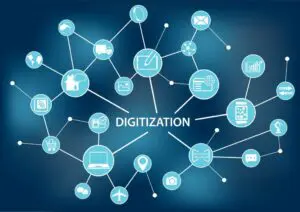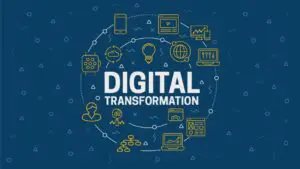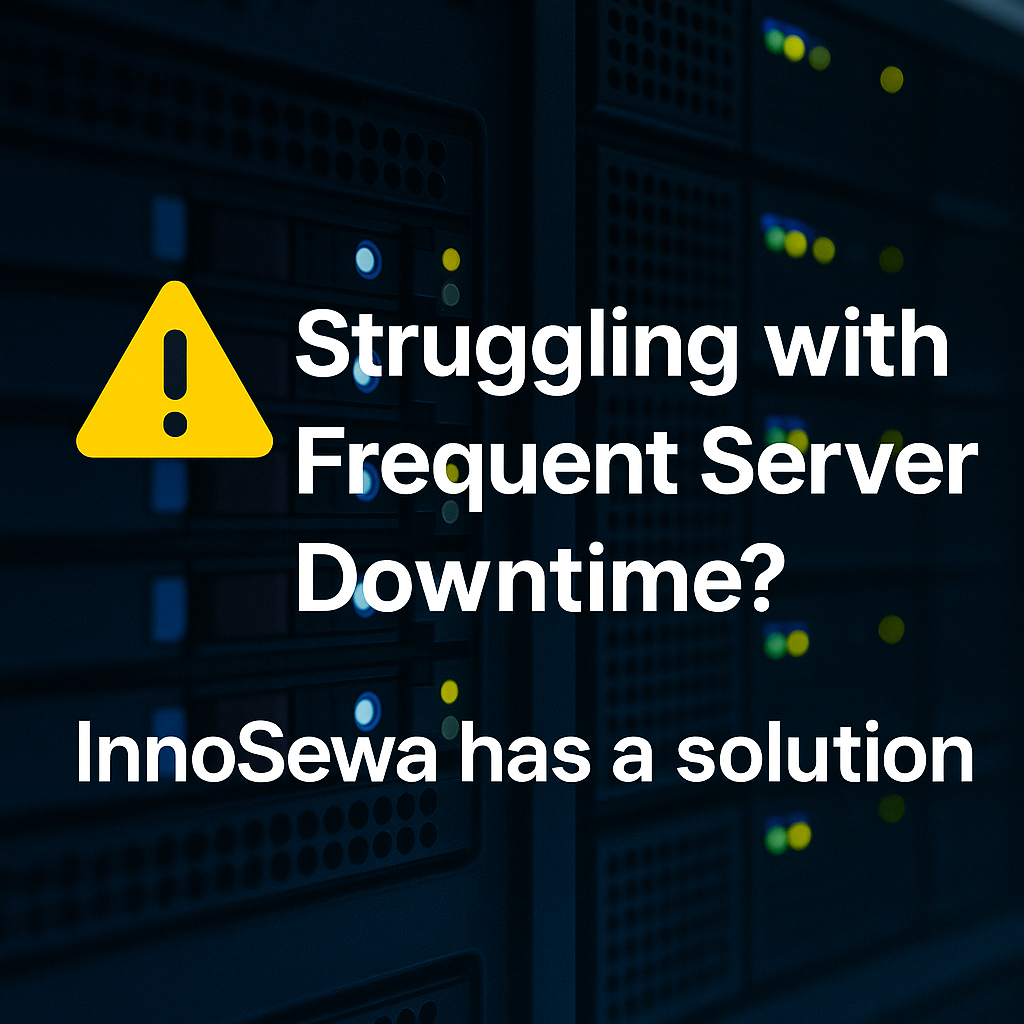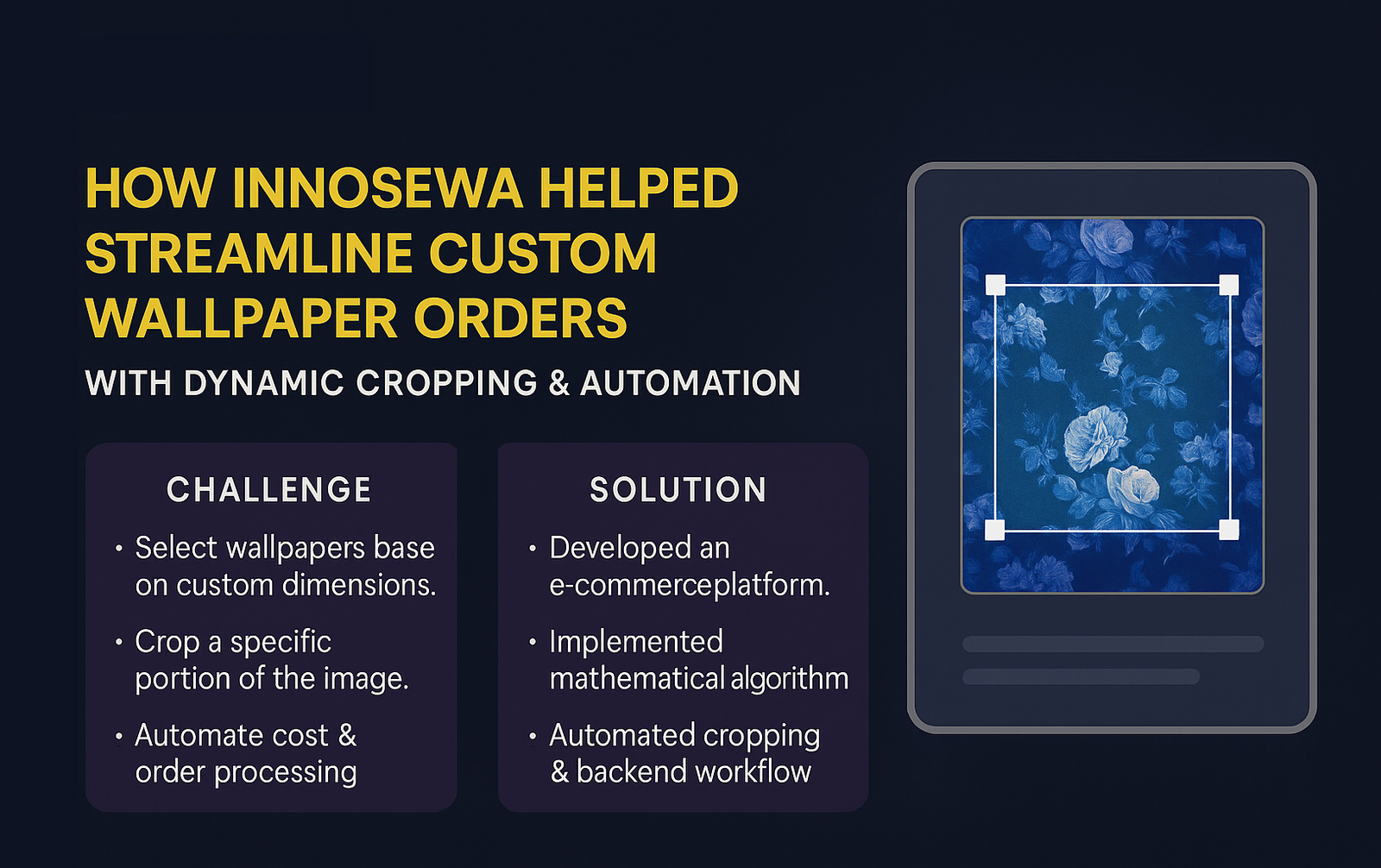Are you ready to take your business to the next level with cutting-edge digital solutions? Look no further! At InnoSewa, we specialize in providing comprehensive digital services that streamline your IT operations, enhance your online presence, and drive growth.
Started in 2017, InnoSewa helps companies make the promise of digital transformation a reality. We work collaboratively with you to create a deep understanding of the risks and opportunities presented by new emerging technologies and think creatively about how you can use these technologies to improve business performance.

Difference between Digitization, Digitalization, and Digital Transformation
Digitization:
Digitization refers to conversion of physical copy to digital copy. For instance, we scan a paper document and save it as a digital document (e.g., JPG, PNG, and PDF). In other words, digitization is about converting something non-digital document into a digital document. Computerized systems can then use it for various use cases.
Examples:
- Going from notes on paper to typing them up in an Excel spreadsheet or word document.
- Converting from analog VHS cassettes to CD, DVD or Blu-Ray discs containing digital data.
Digitalization:
Digitalization cannot occur without digitization. Digitization is the conversion of analog to digital, whereas digitalization is the use of digital technologies and digitized data to impact how work gets done, transform how customers and companies engage and interact, and create new (digital) revenue streams. Digitization refers to the internal optimization of processes (e.g., work automation, paper minimization) and results in cost reductions. Conversely, digitalization is a strategy or process that goes beyond the implementation of technology to imply a deeper, core change to the entire business model and the evolution of work.
Examples:
- Uploading a document from a computer’s hard drive to the cloud and sharing it with many people.
- Converting an Excel spreadsheet to a Google Sheet stored in the cloud & invite team members to work together.
- Uploading digital movies from CD, DVD or Blu-Ray discs to online services. People can download or rent them.
Digital Transformation:

Digital transformation is not a one-time action, but a continuous process. It brings in new business models and will change the way business is carried out. It will go a long way towards satisfying the end customer, which is the very purpose of being in business.
Examples:
- Reading the data from an online PDF or moving the data from a Google Sheet into an app or system that will analyze the data. The goal is to provide us with insights to offer new products or improve customer service. This process doesn’t need a lot of human interaction because is automated. As a result, it enhances efficiency, reduces costs, and may lead to increased sales.
- Streaming movies online. Collecting data from clients to analyze it, preparing individual recommendations, offers, and advertisements.
- An example of this is moving from snail mail to real-time social media or chatbots.
Are you interested in digital transformation? If yes, get in touch with us we will help you and your organization in digital transformation process.








